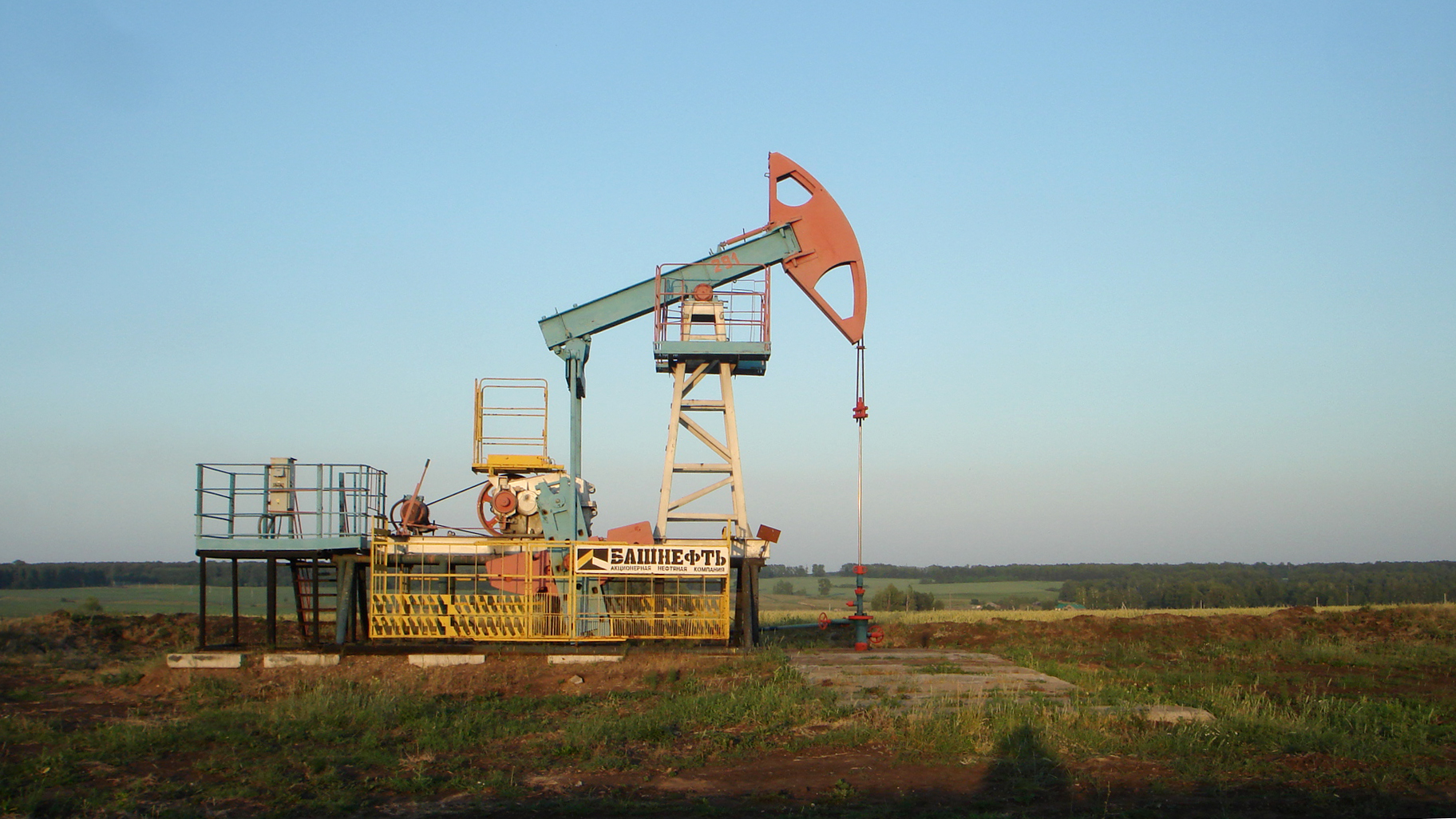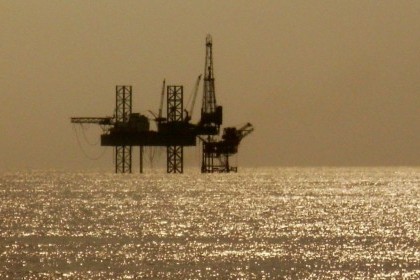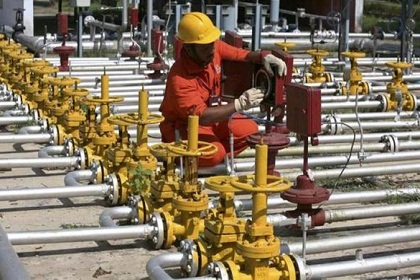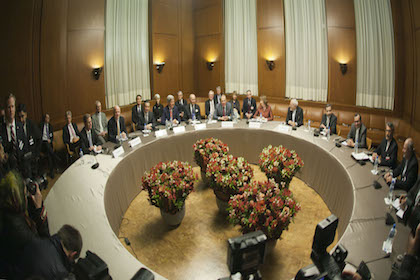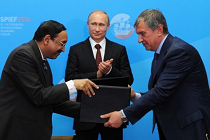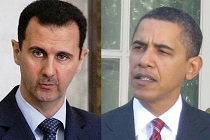Saudi-Russia oil production cap – can it work?
Saudi Arabia, Russia and other oil producers are trying to cap oil production to support prices. Such distortions are unlikely to work. India should be more concerned about the long term rise in oil prices due to falling investment in exploration and production – and should protect itself by acquiring oil and gas assets to cover its energy needs.

